Yesterday, Tuesday May 6th, the Torrevieja government authorised the tender for a new urban transport service contract, which is a 10-year concession for a total of €115,440,005 (plus VAT). Since 2012, the service has been rendered without a contract, and audit reports have been virtually automatic as a result of administrative irregularities in the payment of invoices, which amount to approximately €260,000 per month.
In fact, it has been a commitment of Eduardo Dolón’s since he regained the mayoralty in 2019, but it has not been implemented in six years. These contracts, in addition to two other significant contracts, are currently in progress, including waste collection and street cleansing, as well as park and garden maintenance.
The mayor stated that “a significant stride has been taken in the finals of the major services that remained to be awarded.” This project will entail the modernisation of a service that was previously provided under conditions that did not meet our expectations. We are now proposing a modernised service that will significantly increase the parameters of frequency, punctuality, quality, and user comfort, as well as the digitalisation of the service. Additionally, we are committed to reducing emissions and demonstrating our dedication to the environment.
The deadline for proposals is mid-June, and the bid evaluation period will commence in July, unless appeals are submitted. The bid submission period will be 40 calendar days from the tender announcement. As a result, the mayor expects to award the service this year and start providing it by the end of the year.
Increased fleet and workforce
Antonio Vidal, the Councillor for Transport, clarified that the new service results in an increase in the number of employees. Specifically, the government’s dedication to sustainable mobility through low-emission vehicles, with reduced fossil fuel consumption and a substantial reduction in pollution levels, is evidenced by the fact that the number of buses has doubled, from 16 to 32 units (26 hybrids and 6 electric). A driver assistance system will be installed on all buses to enable the concessionaire and users to access real-time information about incidents, service schedules, and routes.
The number of employees has more than doubled, with an estimated workforce of over one hundred professionals, rather than the current 41.
Three nocturnal lines and nine daytime lines
The total number of lines has been increased to nine, with the addition of six new lines: the circular line, the hospital line, the Torreblanca-La Mata-Quirón Hospital line, and three night lines. These lines will provide coverage for high schools, health centres, weekly markets, and cemeteries in both Torrevieja and La Mata, as well as the northern and residential areas.
In addition, the hours will be extended to 7 a.m. to 10:30 p.m. during the low season and 7 a.m. to midnight during the peak season. Night services will be available on Saturdays during the low season, Fridays and Saturdays during the mid-season (June and September), and daily during the peak season.
Fees
Until recently, the standard ticket was free for registered residents who requested it, but it now costs €1.50. The incorporation of the CPI has resulted in a 10% increase in comparison to the City Council’s initial fare calculations for 2021. This is a noteworthy point.
Various ticket categories will be available. The Gold Pass provides unlimited free travel on urban transport throughout the year for individuals over the age of 65, pensioners, or those with a disability that exceeds 33%. In both cases, the prerequisite is that the individual has been a registered resident of the city for a significant period of time.
The special multi-trip bus pass is available at nearly 50% discount for young individuals under 26, large families, and the long-term unemployed (more than two years).
The 30-pass is a fare that is applicable for all users and provides unlimited rides on all lines of urban transport for a period of 30 days. It is priced at 44 euros.
The tourist card is a fare that entitles tourists and travellers to unlimited use of urban transport lines for the specified duration: three days for a fee of 10 euros, and seven days for a fee of 18 euros.
The multi-trip bus pass is a reloadable card that is priced at 11 euros for 10 journeys or 22 euros for 20.
All passes include free transfers for a 60-minute period.
To achieve this objective, the City Council will allocate 8 million euros annually.
The councillor declared, “A fare system that is fair, affordable, and tailored to the service to be rendered.”
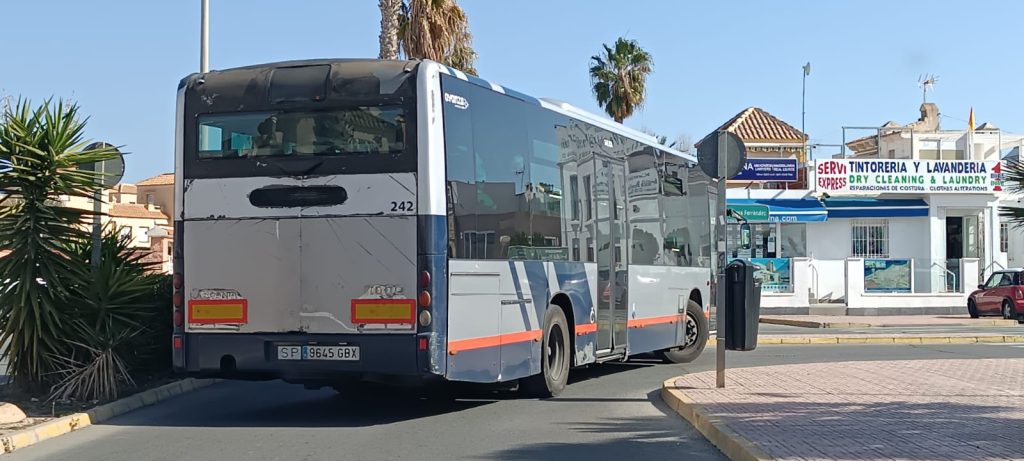
The successful bidder is required to supply 26 hybrid buses and six electric buses. The successful bidder is obligated to provide all 32 vehicles within a 12-month timeframe, with the initial deliveries occurring four months after the contract enters into force.
The City Council has previously awarded these vehicles through a tender process. The successful bidder is required to deposit €19,820,532 upon the signing of the contract in order for the City Council to proceed with the payment of the vehicle purchase price. This is one of the new features included in this document. In this manner, the City Council can ensure that the vehicles are supplied and the service is initiated simultaneously.
They plan to construct, improve, and maintain each of the 180 urban transport service locations. We will also enhance the shelters at these stops and construct new ones.
Similarly, the service will be digitalised, with an operations support system that will optimise routes, identify potential issues, and provide real-time information to users via a mobile app and at locations.
Furthermore, three offices will be open to offer information and services to all consumers. They will be situated in the town centre, the La Mata district, and the primary offices of the contracting company. The hours of operation will be from 10 a.m. to 2 p.m. and from 4 p.m. to 8 p.m., Monday through Saturday.
The new contract encompasses the draughtsmanship of the project and the completion of the requisite works to establish an operational base (€3.1 million) for depots, workshops, and control centre offices, as well as the charging station for 12 electric buses (€963,243).
It will be situated on a 7,550-square-metre site at the intersection of Rosa Mazón Valero Avenue and Juan Valera Street in Enclave 13, specifically on a municipal allotment. After the concession period concludes, the City Council will assume ownership of the entire vehicle fleet and associated digital equipment.




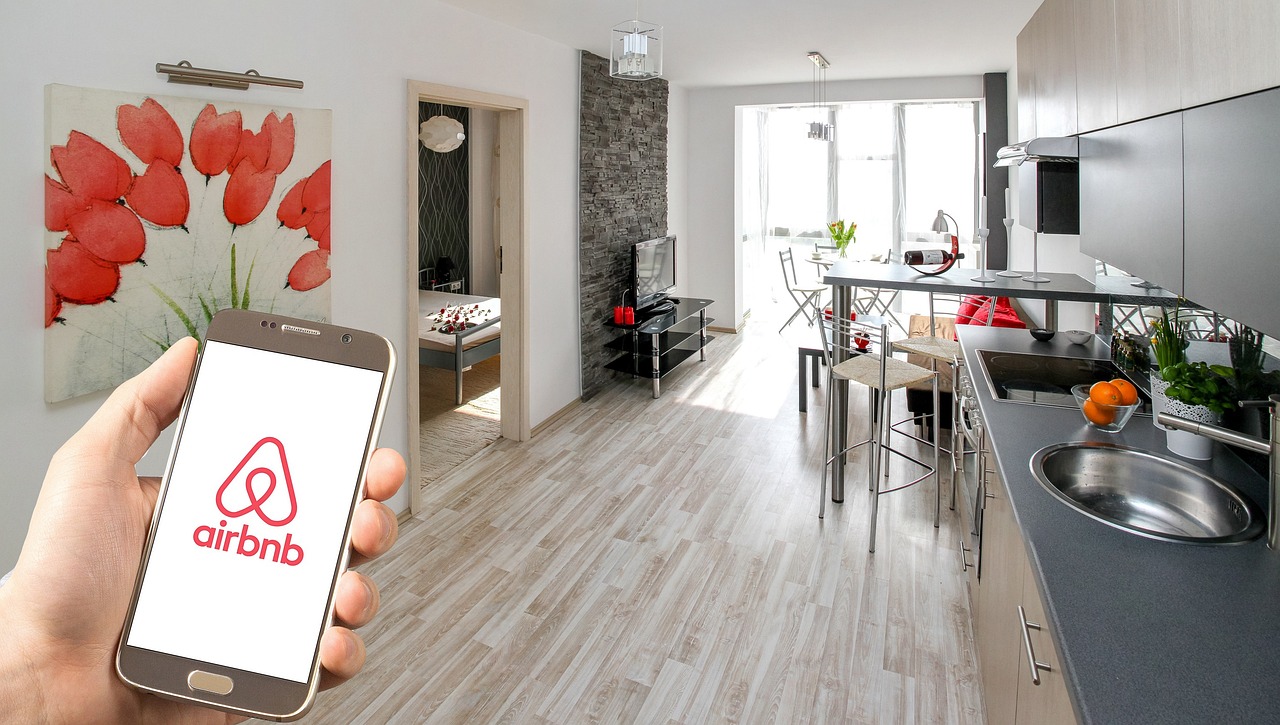
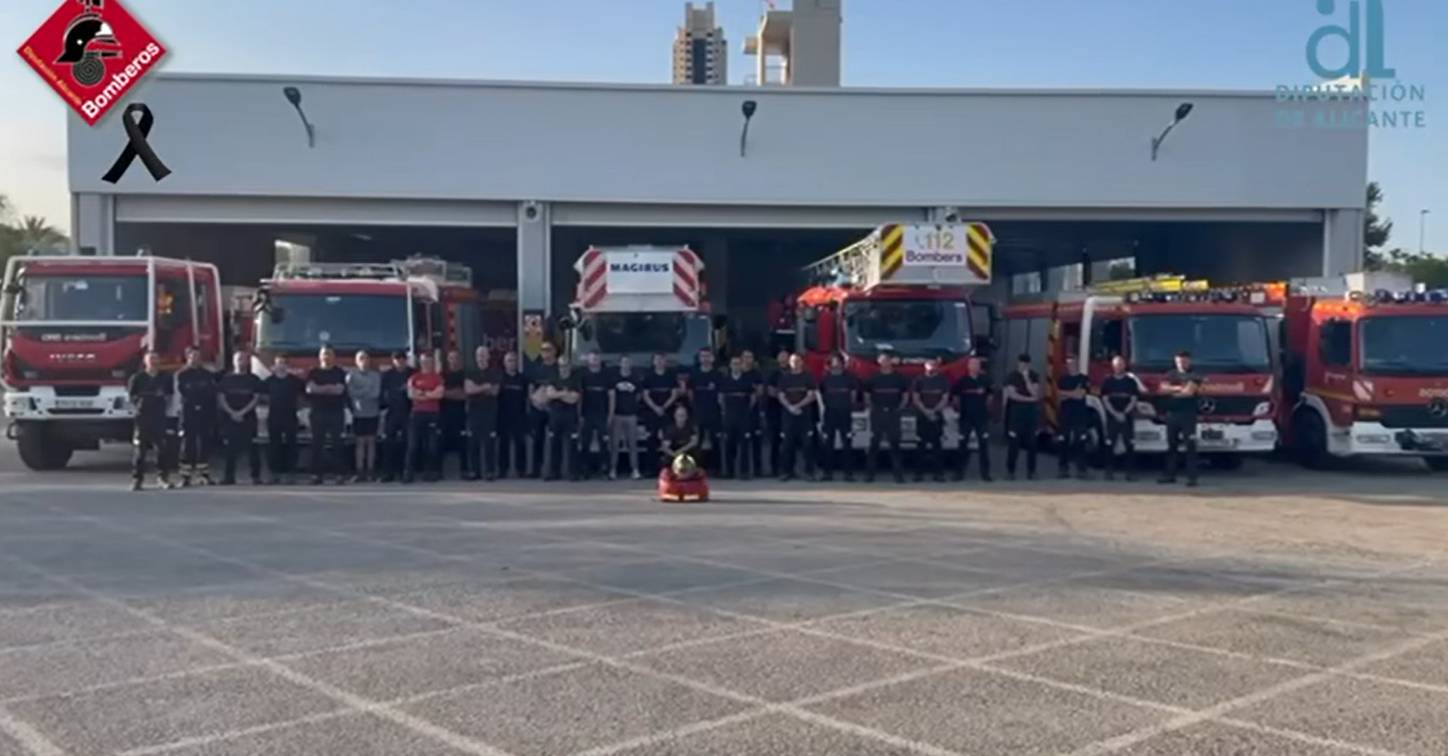
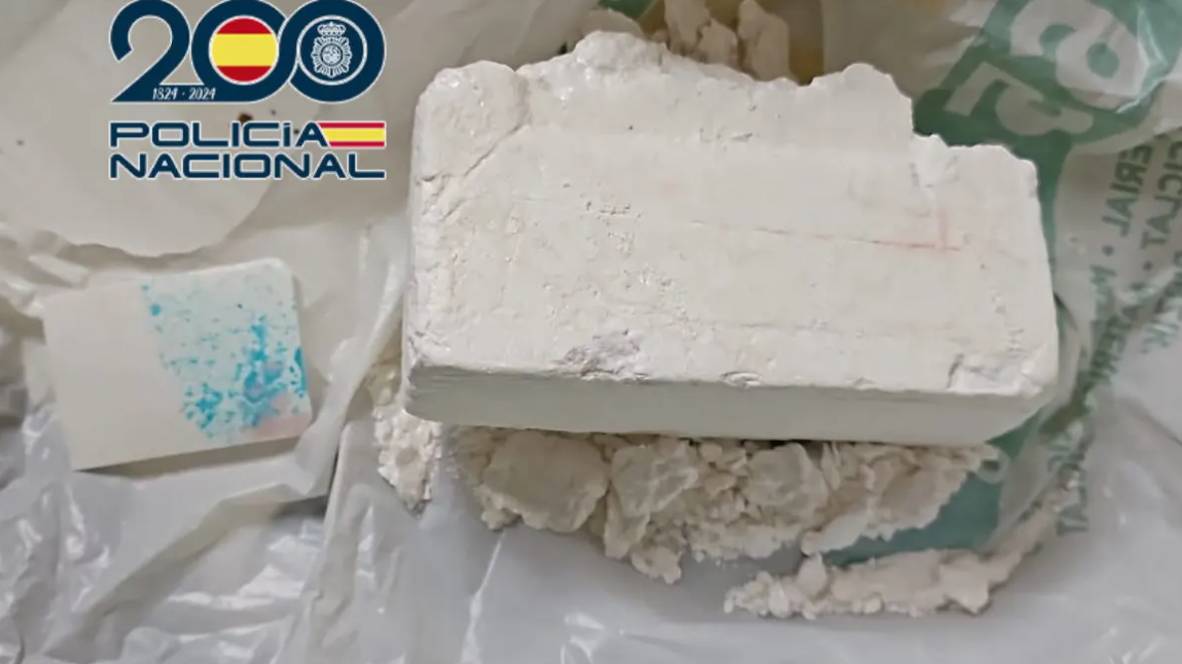
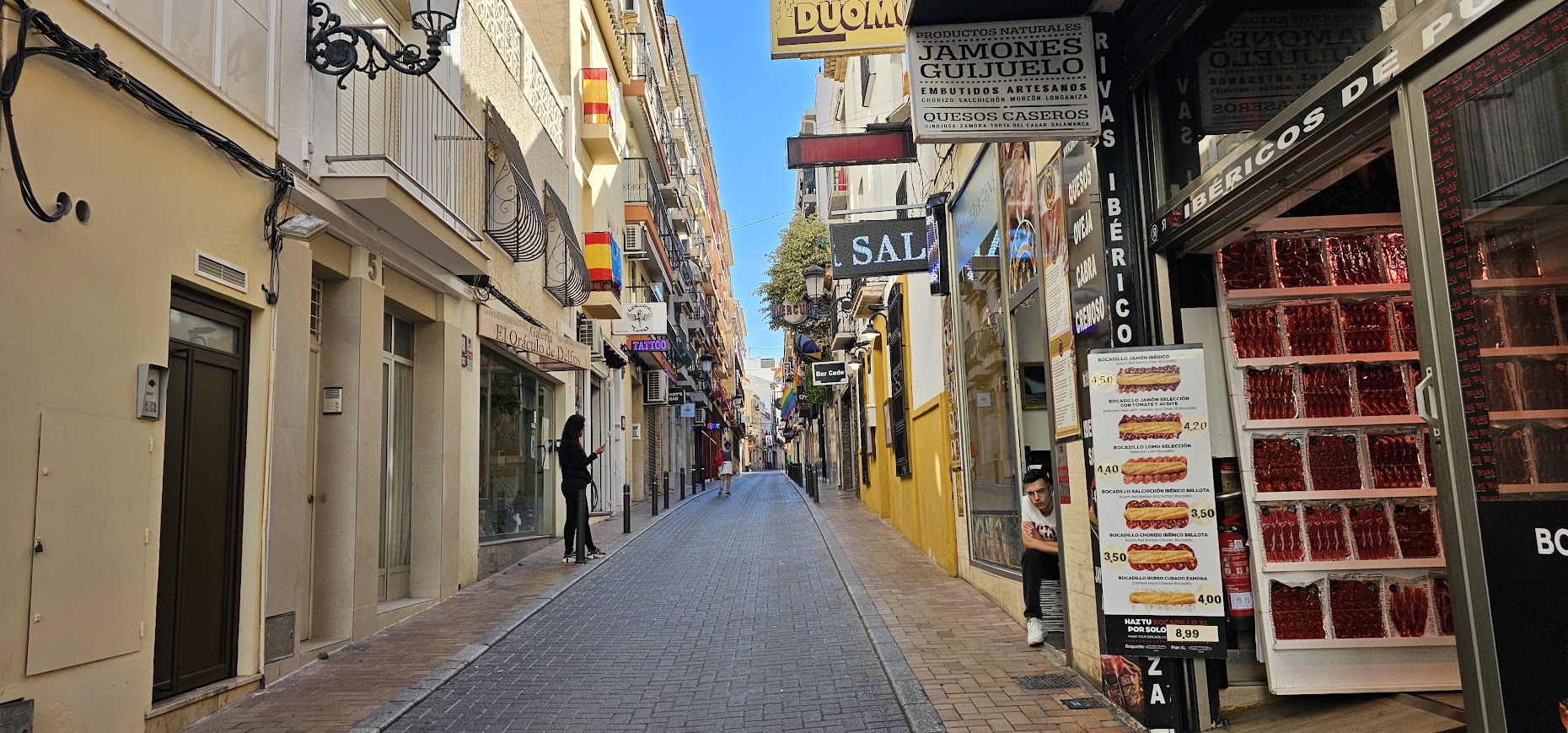
No Comment! Be the first one.